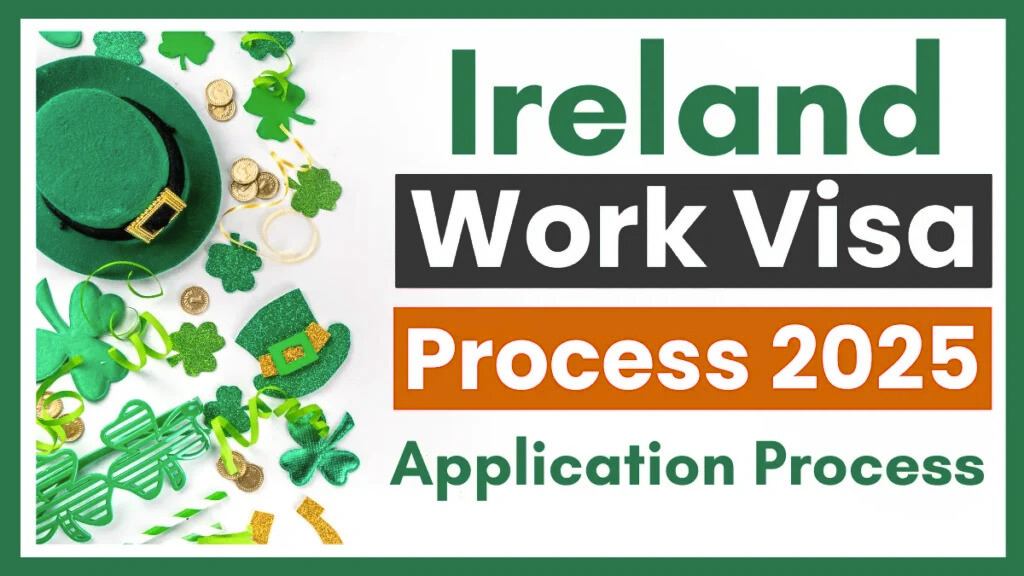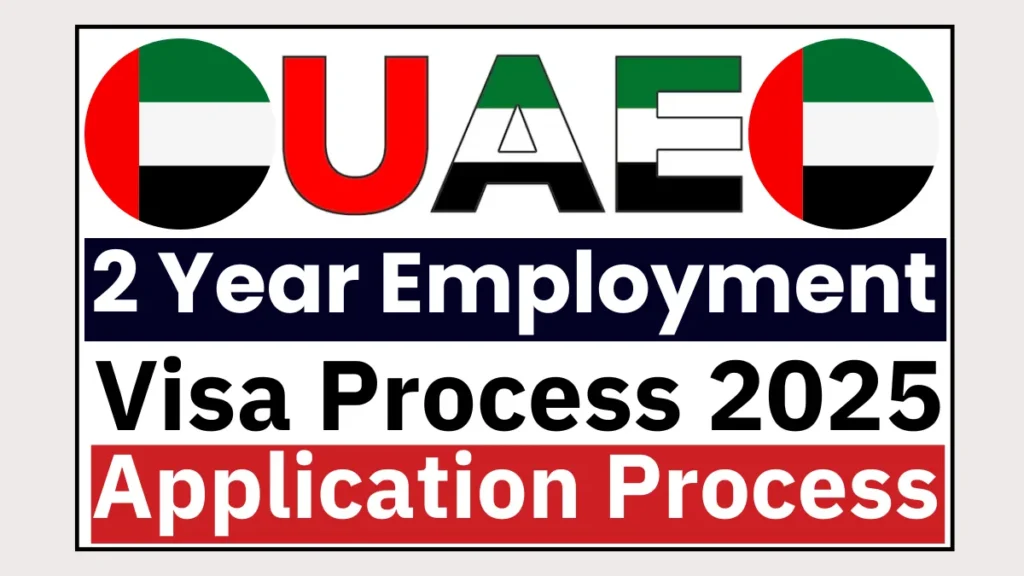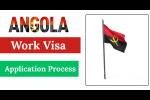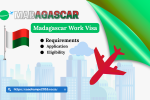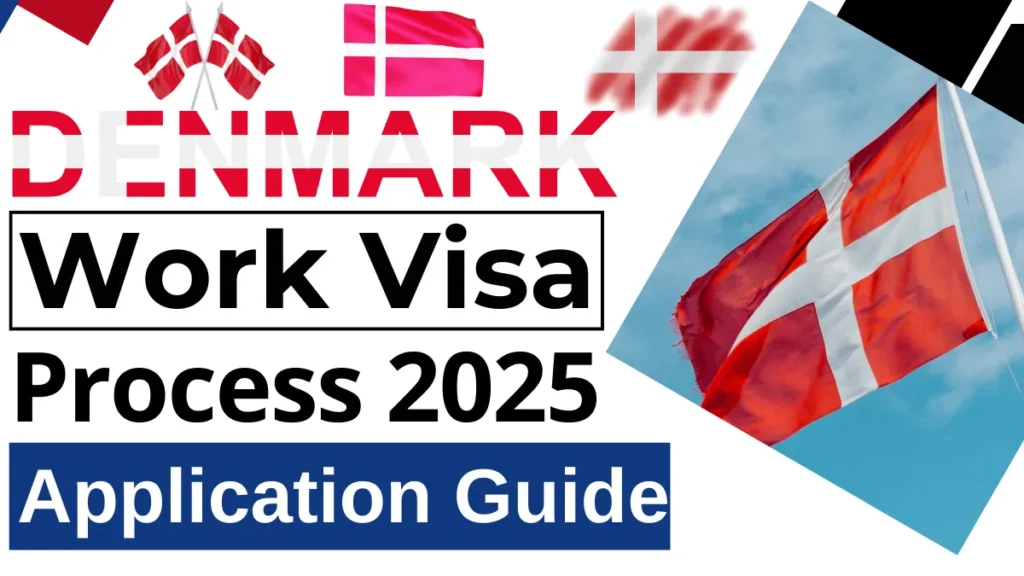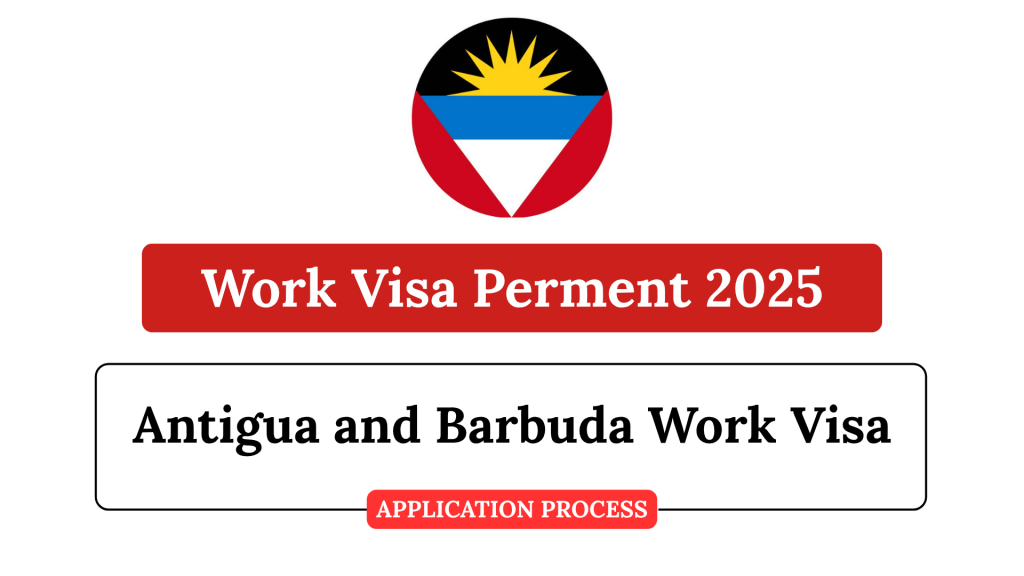Ireland is one of Europe’s fastest-growing economies and an attractive hub for foreign professionals. With opportunities in IT, healthcare, finance, and engineering, the country provides a stable career pathway and a high standard of living. However, to work legally, non-EU/EEA citizens must obtain an Ireland Work Visa 2025, which is linked to specific employment permits.
This guide explains everything — eligibility, requirements, step-by-step application, visa types, benefits, and challenges — so you can confidently plan your move to Ireland.
Types of Ireland Work Permits 2025
Work permits are issued by the Department of Enterprise, Trade, and Employment (DETE). Each permit is tied to the kind of job offered:
1. Critical Skills Employment Permit
- Designed for highly skilled roles in IT, engineering, and healthcare.
- Helps Ireland attract global talent.
- Higher salary threshold compared to other permits.
2. General Employment Permit
- Covers jobs not on the Critical Skills list.
- Allows non-EU workers to take positions where no local candidate is available.
- Requires labour market testing.
3. Intra-Company Transfer Permit
- For employees transferred from a multinational’s overseas branch to its Irish branch.
- Common in tech, finance, and pharma sectors.
4. Contract for Services Permit
- For workers employed by a foreign company delivering services to an Irish client.
5. Other Specialized Permits
- Sport & Cultural Employment Permits
- Dependents, Spouse/Partner Permits for family members of permit holders.
Eligibility Criteria for Ireland Work Visa
The eligibility depends on the permit type, but general rules include:
- A valid job offer from an Irish employer.
- Salary thresholds must be met (higher for Critical Skills).
- Employer must pass labour market testing (General Employment Permit).
- Applicant must have relevant qualifications and experience.
- Clean criminal record and good character certificate.
- Proof of medical fitness.
Ireland Work Visa 2025 Requirements
Applicants must prepare a set of documents before starting the process.
| Requirement | Details |
|---|---|
| Passport | Valid for at least 6 months |
| Employment Permit | Approved by DETE |
| Visa Application Form | Completed online via INIS |
| Photographs | As per Ireland visa guidelines |
| Visa Fee | Payment receipt required |
| Job Offer Letter | From Irish employer |
| Proof of Funds | Bank statement showing living expenses |
| Accommodation | Evidence of housing in Ireland |
| Medical Insurance | Valid for duration of stay |
| Police Clearance | To confirm no criminal history |
| Qualifications | Degrees, diplomas, work certificates |
Step-by-Step Ireland Work Visa Application Process
Step 1: Secure a Job Offer
A work visa cannot be applied for without an official job contract from an Irish employer.
Step 2: Apply for Employment Permit
Either you or your employer applies to DETE for the relevant permit. Submit job contract, qualifications, and salary proof. Processing usually takes a few weeks.
Step 3: Receive Permit Decision
- Approved: You can move to the visa stage.
- Refused: You may appeal or re-apply with corrections.
Step 4: Apply for Work Visa
Submit an online application through the Irish Naturalisation and Immigration Service (INIS) portal. Upload your passport, employment permit, and financial proof.
Step 5: Biometrics & Document Verification
Some applicants must visit a visa center for fingerprints and photos. Hard copies of documents may also be required.
Step 6: Wait for Processing
Processing times vary by country but usually take several weeks. Apply early, well before your job start date.
Step 7: Receive Visa Decision
If successful, you’ll get a visa sticker in your passport allowing entry into Ireland.
Step 8: Register in Ireland
After arrival, register with the Garda National Immigration Bureau (GNIB) to obtain a residence permit card, confirming your right to live and work in Ireland.
Duration and Extension of Ireland Work Visa
- Critical Skills Employment Permit: Valid for 2 years, after which you can apply for long-term residency.
- General Employment Permit: Typically 2 years, renewable for 3 more years.
- After 5 years of legal residence, you may qualify for permanent residency or citizenship.
Benefits of Ireland Work Visa 2025
- Access to a booming economy with global companies.
- Competitive salaries and strong worker rights.
- Healthcare and social benefits for employees.
- Options to bring dependents and family members.
- Pathway to permanent residency and citizenship.
Common Challenges
- High salary requirements for Critical Skills permits.
- Labour market testing can delay General Employment Permits.
- Processing delays due to demand.
- Strict eligibility criteria.
FAQs – Ireland Work Visa 2025
Q1. What is the minimum salary for Ireland Work Visa 2025?
It depends on the permit. Critical Skills Employment Permit requires a higher salary than the General Employment Permit.
Q2. Do I need a job offer to apply?
Yes. A confirmed job offer is mandatory to apply for an employment permit and visa.
Q3. Can I bring my family with me?
Yes, dependents and spouses can accompany you under certain permits.
Q4. How long is the processing time?
Usually a few weeks to months, depending on workload and applicant’s country.
Q5. Can I get permanent residency through this visa?
Yes. After 5 years of legal residence, you can apply for long-term residency or citizenship.
Conclusion
The Ireland Work Visa 2025 process is structured to attract skilled talent while ensuring labour market balance. From securing a job offer and obtaining the right permit to final visa approval, each step requires attention to detail. Despite challenges such as salary thresholds and processing delays, the benefits — high wages, career opportunities, healthcare, and the pathway to residency — make Ireland one of the most attractive destinations for foreign job seekers.
